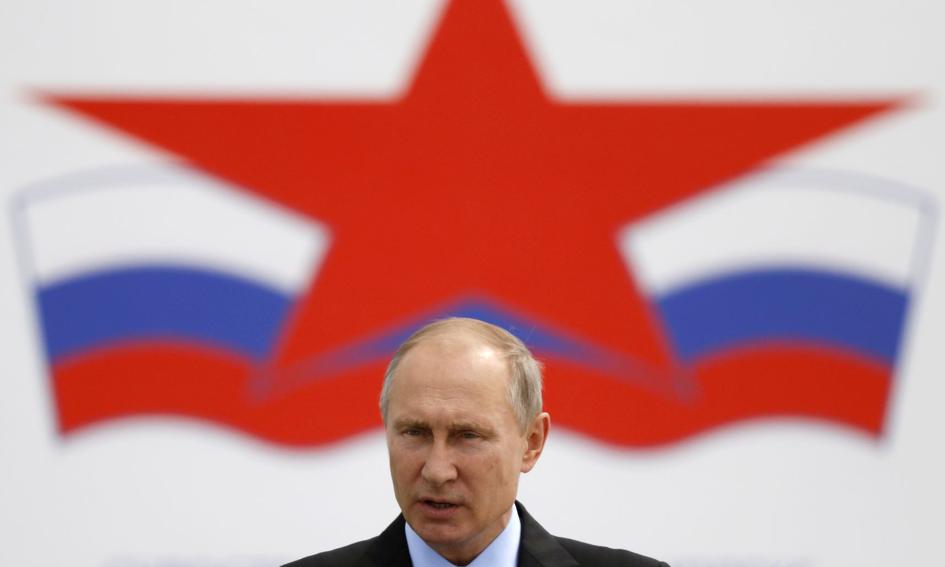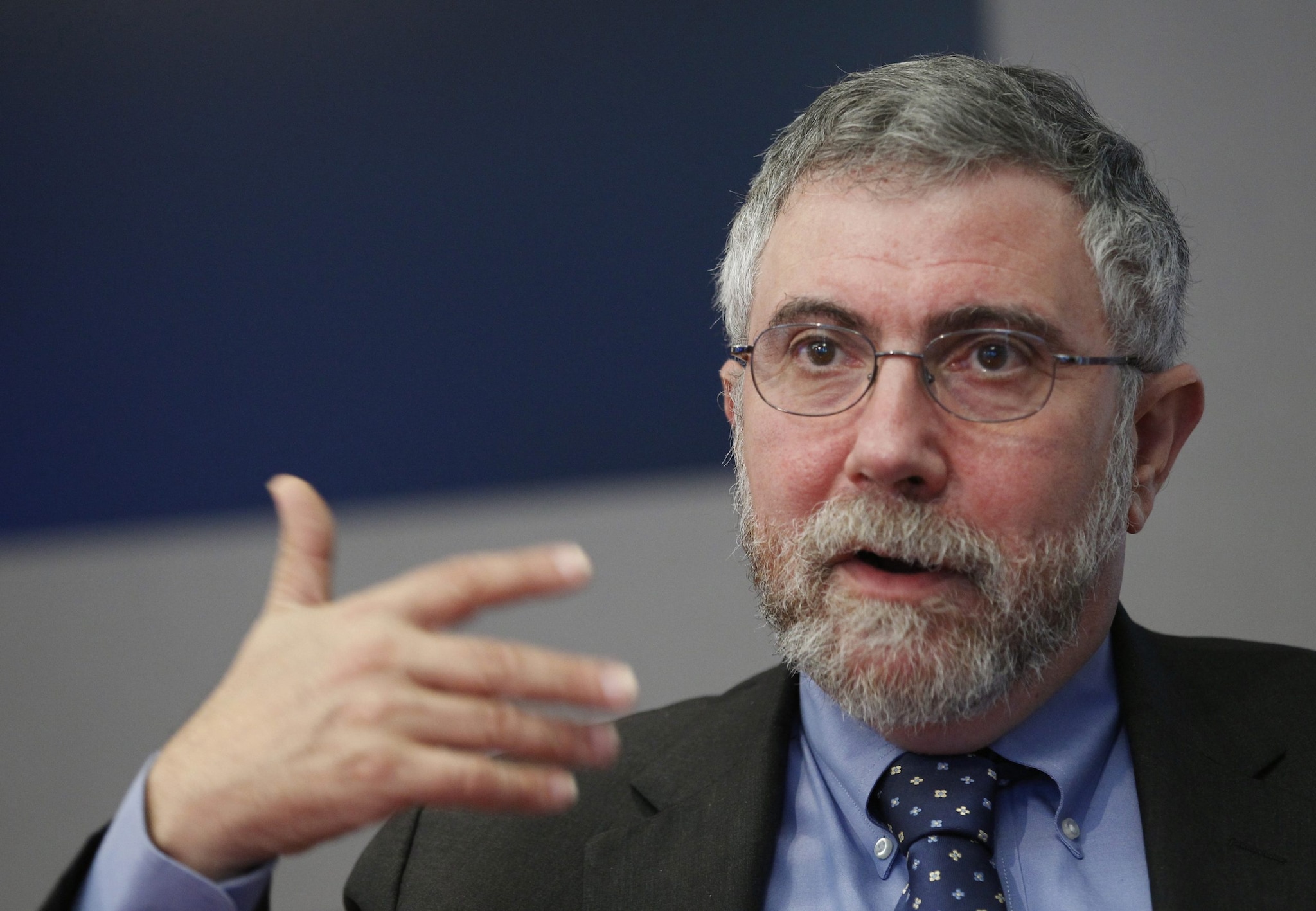Your ping-pong table was never your company culture. Neither was the muffled gossip at happy hour.
“Culture is a manifestation of the people who are at the company at the time,” Julia Hartz, co-founder and CEO of Eventbrite, tells Inc.’s What I Know podcast. “It cannot be something that’s stuck in time … it’s constantly evolving. It’s more like a living, breathing organism than it is a bug stuck in amber.”
Back when she co-founded the online event-ticket portal in 2006, “workplace culture” was hardly a buzzword, Hartz says. It was considered a “nice-to-have.” But she explains that as president of the company prior to becoming CEO, she dug into the concept, despite knowing little about human resources. And while growing the company from 30 people to nearly 1,000, she studied the culture’s evolution.
“I’ve learned now over the past decade that it it’s something … incredibly powerful,” she says. “And it’s something that grows in strength and compounds, and starts to create self-healing properties and governs itself if done right.”
Workplace culture doesn’t need to be fun or bubbly–or even happy, all the time–to be a force for unity and progress, Hartz adds. Eventbrite experienced that firsthand as the onset of the Covid-19 pandemic in early 2020 decimated the company’s revenue and forced her to lay off nearly half of the staff.
“If a company’s going through a really hard time, the culture doesn’t have to be the antidote to that,” she says. “It can actually be the foundation from which you go through the hard time and make the tough decisions.”
Listen to my full interview with Hartz–including how the company recovered from its harrowing 2020–on What I Know in the player below, on Apple Podcasts, or anywhere you get your audio content.
Note: This article have been indexed to our site. We do not claim legitimacy, ownership or copyright of any of the content above. To see the article at original source Click Here












